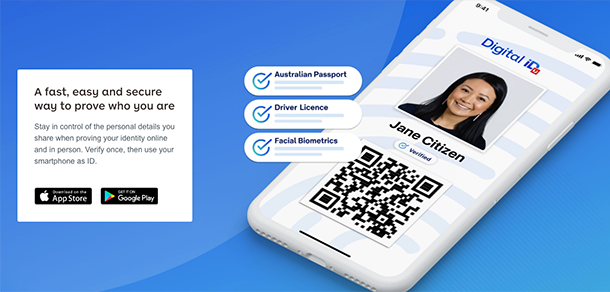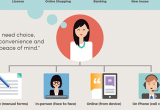Australia considers digital ID age verification for porn
14 January, 2020
category: Corporate, Digital ID, Government
Australia is in the midst of a national digital ID push, and a likely next step could be digital IS age verification for porn, or more precisely for accessing porn online.
News recently emerged that Australia Post, set to become the trusted provider of that digital ID program, has, in the words of ZDNet, “entered the conversation about how the nation should go about verifying the age of an individual before allowing them to watch pornographic material online or participate in online wagering, putting forward its own digital identity solution as a suggestion.”
A notification on their mobile device would prompt the individual to consent to share required personal details with the relying party, for example, date of birth or an 18+ status.
Long story short — digital ID is moving deeper into the realm of age-verification for certain products and services that are bought or consumed online or via mobile devices.
Some of these efforts, as could be the case in Australia, are tied to national digital ID efforts. Others come straight from the private sector as ID an authentication providers seek to provide technology to merchants that enable them to digitally verify ages and identities of consumers buying such products online as alcohol or tobacco or e-cigarettes. In some cases, those merchants and vendors are trying to get an edge on potential regulatory crackdowns for such products. In other cases, the efforts represent a potential expansion of national digital ID ecosystems — adding more features to make those programs more appealing to more people.
Could digital ID age verification for porn work?
That is the question emerging in Australia.
“The postal service promoted its digital identity play ‘Digital iD’ as providing a suitable option for verification, as it gives an individual a ‘Keypass’ that could also be coupled by a second layer of authentication,” according to the report.
The process could also involve QR codes, according to Australia Post. “To prove their age, the individual could either scan a QR code or enter their mobile number into the relying party’s website,” the agency said. “A notification on their mobile device would then prompt the individual to consent to share required personal details with the relying party. For example, an individual may be requested to share their name and date of birth, or an 18+ status only (to confirm they are over 18 years of age).”
The digital ID offering from Australia Post was launched in 2017. The idea behind Australia’s nationwide digital identity effort is to give Australians a choice about how to prove their identity online or via mobile devices.
Based on previous survey research conducted with local citizens, the case for digital identity in that country seems pretty clear. Australians prove their identities hundreds of millions of time each year for a wide array of in-person, on the phone and online transactions. It is cumbersome, insecure and survey respondents are sick of it, according to the report, which came from Australia Post.




